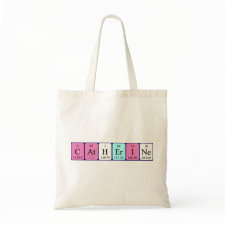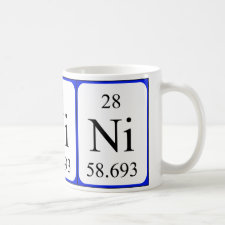
Authors: Meouche W, Branger C, Beurroies I, Denoyel R, Margaillan A
Article Title: Inverse Suspension Polymerization as a New Tool for the Synthesis of Ion-Imprinted Polymers.
Publication date: 2012
Journal: Macromolecular Rapid Communications
Volume: 33
Issue: (10)
Page numbers: 928-932.
DOI: 10.1002/marc.201200039
Abstract: Ion-imprinted polymer beads are prepared for the first time by inverse suspension polymerization in mineral oil using nickel(II) as the template ion. As water is not used as the continuous phase, this new route of synthesis avoids the risk that the ion template leaves the suspension for the aqueous phase. The leaching of nickel from the resin beads is very good due to the large porosity of the polymer beads. The ratio between the ligand and the crosslinker has been increased leading to higher adsorption capacities. Comparing these values with those of the non-imprinted polymers and studying the effect of some interfering ions proves that an optimum can be found for the ratio ligand/crosslinker
Template and target information: nickel ion, Ni(II)
Author keywords: ion recognition, inverse suspension polymerization, molecular imprinting, nickel, templates



Join the Society for Molecular Imprinting

New items RSS feed
Sign-up for e-mail updates:
Choose between receiving an occasional newsletter or more frequent e-mail alerts.
Click here to go to the sign-up page.
Is your name elemental or peptidic? Enter your name and find out by clicking either of the buttons below!
Other products you may like:
 MIPdatabase
MIPdatabase









